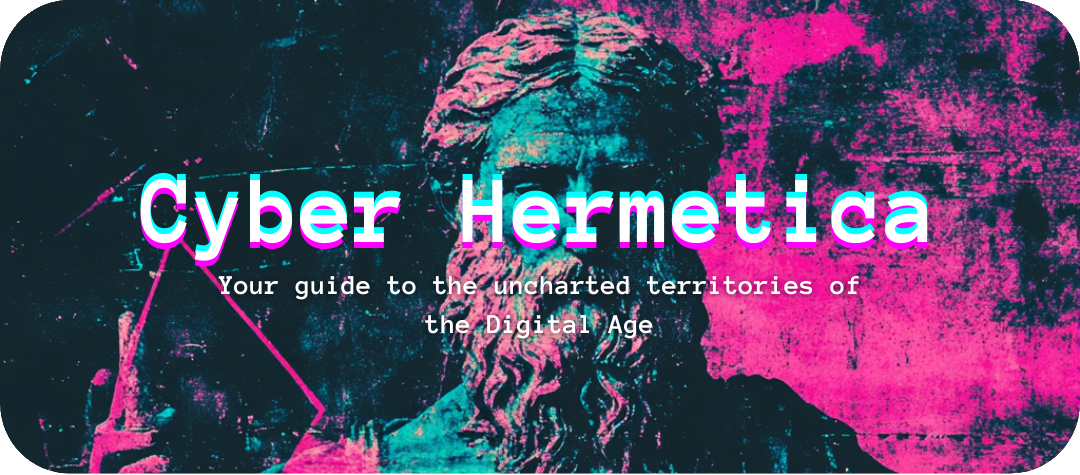Shadows behind the Screen
From the Hyperuranion to SharePoint, daily rituals of a humanity that no longer has a body.
6:45 a.m., more or less — my body begins to wake up, obedient to my internal clock, like a machine programmed without care. My eyelids open as a whitish, milky sun filters through the blinds. I feel the dream of the night slip away, and there is nothing I can do. A pity, it felt important. It spoke to me of the Hyperuranion.
My morning has about two hours of breathing space. From 7 to 9: a walk with my partner and daughter, a coffee, a few words exchanged. Then I sit in front of the PC, the esoteric machine that transforms compressed silicon into language, and the daily ritual begins.

From that point on, the world becomes a sequence of virtual windows and notifications: emails, calls, reports, chats, shared documents. A theater without actors. No faces, only profile pictures. No voices, only streams of data. And yet, on the other side — presumably — there are other human beings.
I’m lucky: I work from my home, with my hours, my ways, no hassles and no dress shirt. But digital work today can be freedom in form and imprisonment in substance.
I spend hours solving privacy and cybersecurity problems for companies who might be anywhere, speaking with corporate contacts without bodies. Often I don’t know what they look like, what tone of voice they have, what they do during their lunch break. Do they laugh with their mouths open or closed? Is there really anyone on the other side of the screen?
Even language itself has been trained to play with shadows: “I hope this email finds you well.” “Best regards.” Prefabricated fragments simulating empathy for someone who exists only as an abstract idea. We don’t really converse — we interface through information systems, LCD screens, subtitles, and virtual backgrounds of wonderful Caribbean beaches that don’t exist.
Once, humanity sought connection by looking at the same moon. Now it’s enough to know we’re running the same Office suite. So we can all work on the same SharePoint. We have erected a digital Babel and tricked Nimrod. Italian, English, Russian, Chinese. Everything is instantly translatable. Even laws begin to blur together, standardized into templates. Lawmakers copy each other, and that’s fine.
And colleagues? They too are digital shadows, taking form only during rare in-person meetings and the Christmas dinner. There’s no need for them anymore when a language model, trained on billions of conversations, answers requests faster and more precisely.
Modern intellectual work implodes on itself: a simulation of dialogue that exists only to convince us that — really — we’re not talking to ourselves, that there is someone on the other side! A closed circuit, a brain staring into its own electronic reflection and mistaking it for “other.”
Emails could already be written by automated agents. Technical reports and legal opinions could already be generated, packaged, and distributed by faceless, voiceless, soulless intelligences — to other artificial intelligences that make them their own. And nobody would notice.
We are all complicit in a fragile convention, a social contract that survives only because we all pretend to still believe in it. And when the veil falls, no one will notice the difference.
Even now, I’m writing this for someone who maybe exists somewhere in the world — or maybe only resides in my head, and in Substack’s analytics algorithms. Is there anyone out there?
If you enjoyed this, share it with your friends.



I thought I existed as a person but then I watched this short film and started to be concerned
https://youtu.be/4VrLQXR7mKU?si=untjIJoEFXRcNgcN
I really love the way you write - it's really unique.